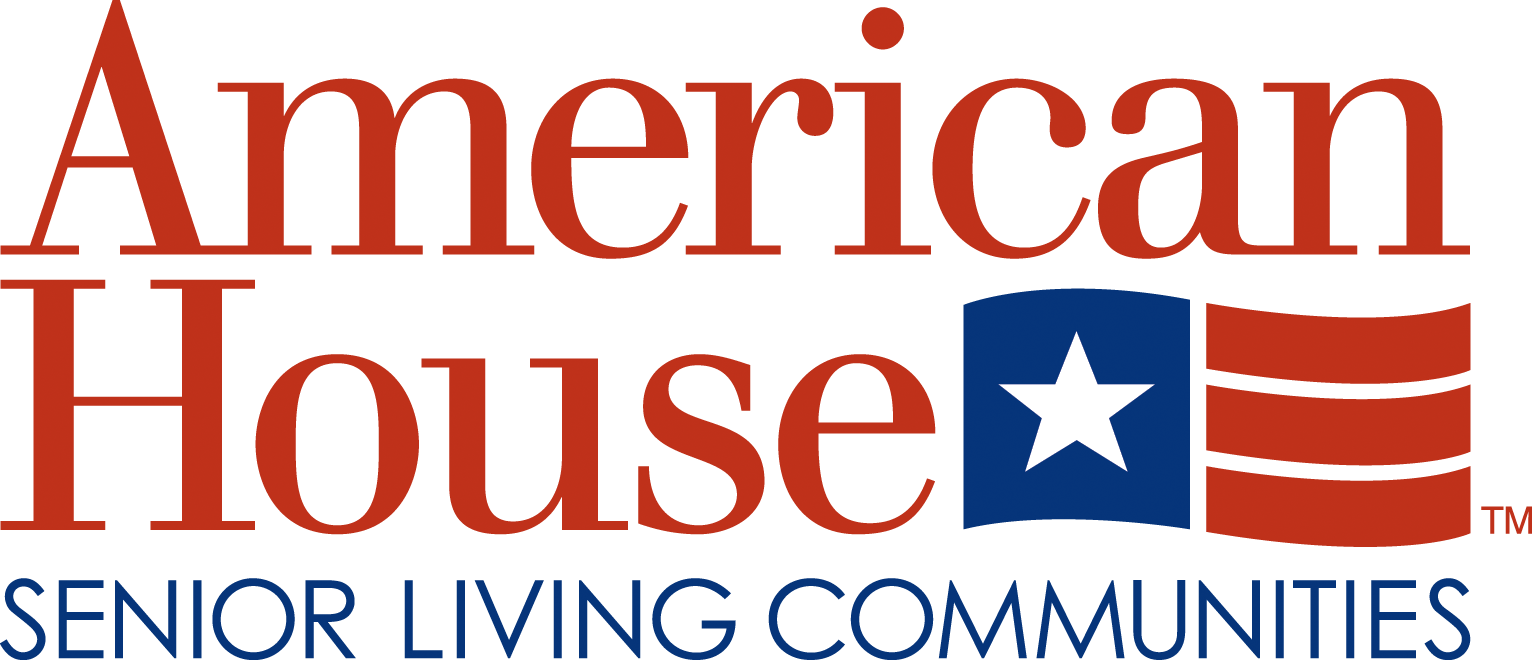Seniors can take a proactive approach to protect themselves from dementia and Alzheimer’s, both of which are on the rise. The term “SuperAger” is not an exclusive group, but it is a group of individuals who may hold the key to uncovering age-related health issues, including dementia. Researchers are attempting to identify common traits among groups of cognitively “young” individuals.
A neuroscientist at Northwestern University in Chicago defines a “SuperAger” as:
- Someone who is eighty-years-old or older who exhibits cognitive function comparable to that of a middle-aged individual
- Someone who exhibits less brain volume loss than his peers
Researchers use MRIs to measure the thickness of the cortex in two dozen SuperAgers and 12 other individuals in a control group. Adults who are “normally aging” lose about 2.24% of brain volume a year. SuperAgers lost about 1.06%. This study showed that the SuperAgers were losing brain volume at a slower rate than their peers – and may be better protected from dementia.
How Can You Become A ‘Super Ager’?
What are some of the commonalities of the SuperAgers and what can you to do be more like them?
- They challenge themselves both mentally and physically. From reading about a subject you’re not familiar with or taking a class that puts you outside of your comfort zone, you’re stimulating your brain in unique ways and you may become a SuperAger.
- SuperAgers are active – more active than some of their peers. When you’re getting the physical activity you increase your oxygen intake and that helps your body perform. When you exercise regularly, you can also maintain a healthy weight. The risk of developing Alzheimer’s disease triples in those individuals whose body mass index is higher than thirty. Even a twice-a-week exercise routine will improve your health and could decrease your chance of developing dementia.
- Being social is another common factor among SuperAgers. They have social relationships with others, and participate in activities that put them in contact with others. In addition to mental and physical activity, a healthy diet and lifestyle, maintaining a strong social network is beneficial.
We know that 2020 was an unprecedented time with the coronavirus and the country-wide shut downs, but now that vaccinations are available and the country is opening back up, it’s time to reconnect, get active and learn something new.
Don’t think that SuperAgers don’t indulge – they do! It was shown that the SuperAger who indulged in the occasional glass of wine or alcohol were less likely to develop memory problems as compared to their non-drinking counterparts.
While lifestyle changes may turn you into a SuperAger, keep in mind that there are risk factors beyond your control and those include:
- Gender. Women are more likely to get Alzheimer’s disease than men.
- Age. After the age of sixty-five, the risk of Alzheimer’s doubles every five years.
- Genetics. If you have a family history of the disease, you are more likely to develop it.
Even if you have some of the above risk factors, that is no reason to not start living like a SuperAger and do your best to beat the odds and reduce your risk.
American House was founded in 1979 to enrich the lives of seniors and their loved ones in an environment that fosters independence, compassion, quality services and meaningful relationships. We provide a wide range of senior living options, including independent living, independent living with assistance, memory care services provided by a third party, respite stays and hospice in Dearborn Heights, Farmington Hills, Rochester Hills, Sterling Heights and Westland.


Recent Comments